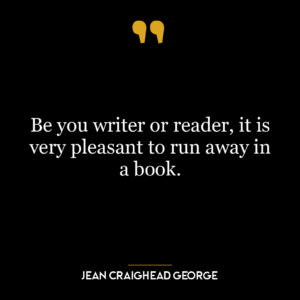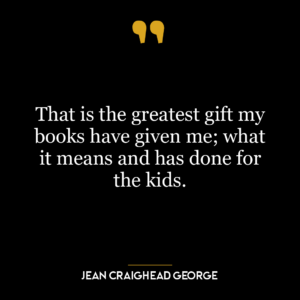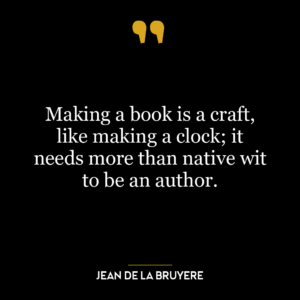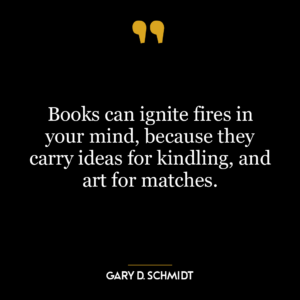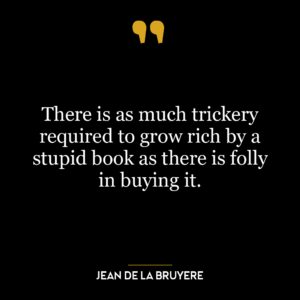“Read much, but not too many books” is an insightful quote that encourages a balance between quantity and quality of reading. It suggests that while reading is important for intellectual growth, the value lies not in the number of books read, but in the depth of understanding and reflection they provoke.
Reading “much” signifies the importance of continuous learning and intellectual curiosity. It’s about immersing oneself in diverse ideas, perspectives, and narratives to broaden one’s knowledge and understanding of the world. However, the caveat “but not too many books” warns against mindless consumption of information. The emphasis is on thoughtful reading: taking the time to absorb, reflect upon, and critically analyze the content, rather than rushing through books just to increase the count.
In today’s fast-paced, information-saturated world, this quote is particularly relevant. With the internet, e-books, and audiobooks, a vast array of books and information is readily available. It can be tempting to try and consume as much as possible, often driven by the notion of “the more, the better.” However, this can lead to information overload, where the volume of information surpasses our ability to make sense of it.
In terms of personal development, the quote encourages a more mindful approach to learning. It suggests focusing on quality over quantity, taking the time to delve deeper into fewer books, and truly understanding and reflecting on the content. This approach fosters critical thinking skills, deepens comprehension, and allows for the integration of new knowledge into one’s existing cognitive framework. It’s not about how many books you’ve read, but what you’ve learned from them and how you apply that knowledge that counts.
So, instead of trying to read every book on the shelf, select those that resonate with your interests or goals, and dedicate the time to fully engage with them. As the quote suggests, the goal of reading is not to consume as many books as possible, but to gain knowledge, wisdom, and insight.











